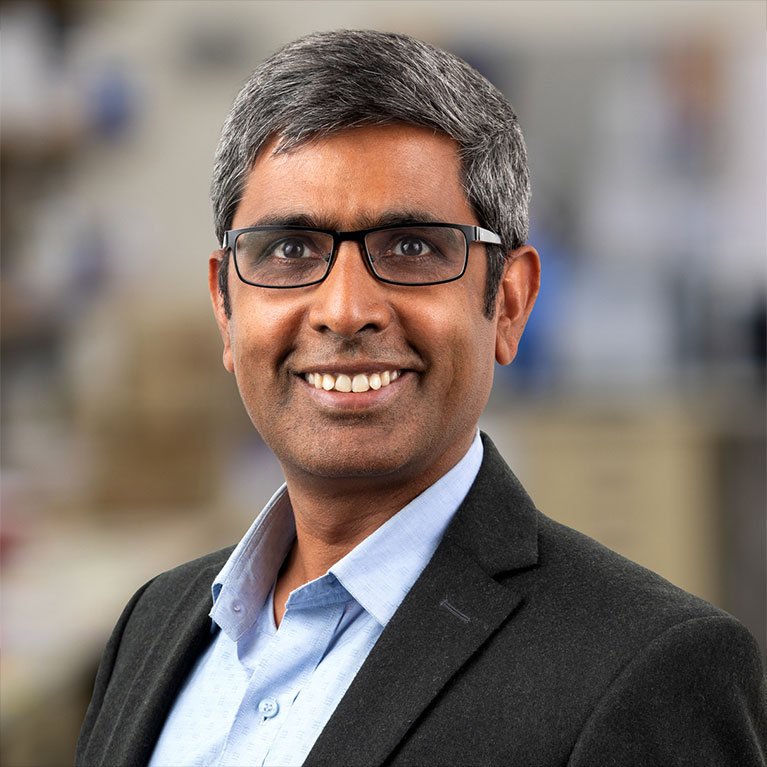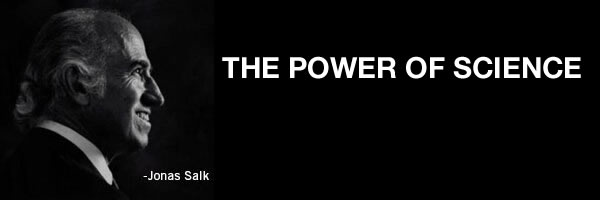Time-restricted eating improves health of firefighters
LA JOLLA—Firefighters are the heroes of our society, protecting us around the clock. But those 24-hour shifts are hard on the body and increase the risk of cardiometabolic diseases, such as heart disease and diabetes, as well as cancer. In collaboration with the San Diego Fire-Rescue Department, scientists from the Salk Institute and UC San Diego Health conducted a clinical trial and found that time-restricted eating improved measures of health and wellbeing in firefighters. The lifestyle intervention only required the firefighters to eat during a 10-hour window and did not involve skipping meals. Read more »



